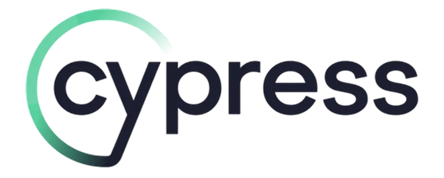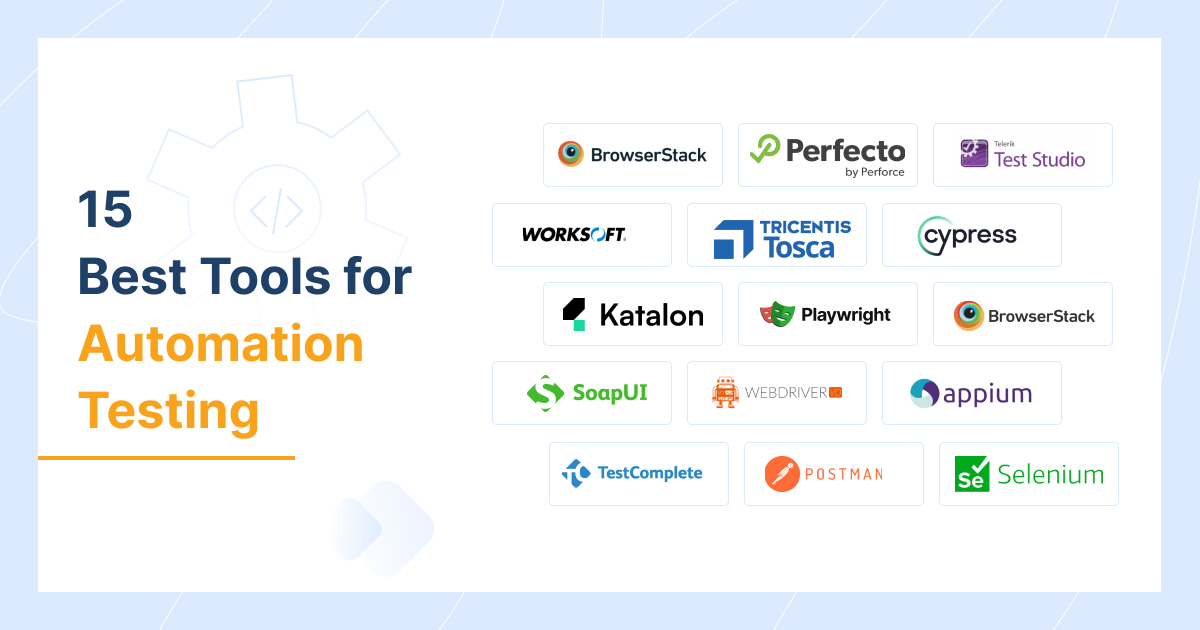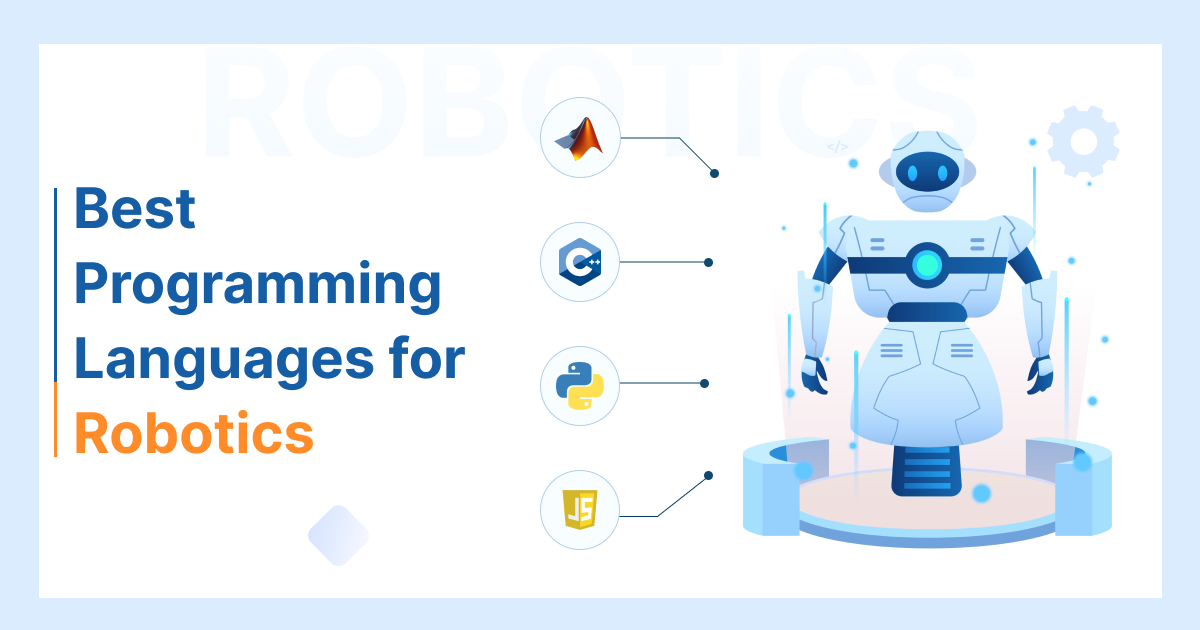As software development continues to impact the world by playing a vital part in decision-making, Tools For Automation Testing is an essential idea in the software development process that should never be disregarded.
Automated testing is the use of software tools that automate the manual process of examining and understanding software products. In layman’s terms, automation testing is the use of software to test other software. Most modern agile and DevOps software projects now involve automated testing from the start.
To guarantee smooth testing, several automated testing tools have been made accessible. Automation testing tools will run repeating test cases, identify problems, and ensure program stability. Their qualities have made them valuable assets throughout the software development lifecycle.
While there are several automated testing tools available, your organisation may require a product with specific capabilities and solutions. In this article, we will share and discuss the best tools for automation testing. At ouranos, we use similar tools for testing and know more about the services that we provide.
Top 15 tools for automation testing
As automation becomes more important, the market for automated test tools grows. They enable software firms to produce high-quality releases faster than before. However, with so many Tools For Automation Testing available, it can be tough to select the best one—or even know where to begin. That is why we have created a simple and comprehensive guide for selecting an automated testing tool.
1. Selenium

It is one of the Tools For Automation Testing that is an open-source package. It comprises a comprehensive suite of tools and frameworks specifically designed for testing and evaluating a wide range of web applications, ensuring their functionality, performance, and security. It is frequently used by quality analysts all around the world since it allows for customisable test automation in a variety of languages and browsers.
Selenium allows you to test your web apps on browsers such as Chrome, Firefox, Edge, and Safari, as well as operating systems such as Windows, macOS, and Linux. Selenium provides more functionality than merely clicking buttons and filling out forms. It may be used for web scraping, which is the programmed extraction of data from websites.
2. BrowserStack

BrowserStack is a top-tier testing platform that provides automated web testing, mobile app testing, visual regression analysis, automated accessibility testing, and low-code automation. BrowserStack Automate or App Automate allows software development teams to connect online and mobile testing frameworks.
BrowserStack has several notable features. Percy features of this tool are the most powerful visual testing system that is used. Provides accessibility testing, test case management, and integrated test reporting tools. Evaluate app frontend performance, which is done using metrics like FPS, ANR rate, and page loading times when needed. No setup or maintenance is required. Instant access to the most recent and legacy Android and iOS devices.
3. Postman

Postman is popular among Tools For Automation Testing for APIs. It enables users to write several types of tests, ranging from functional and integration to regression tests, and run them automatically in CI/CD pipelines using the command line.
Friendly and easy-to-use UI with code samples. Support for various HTML methods, Swagger, and RAML formats. API schemas in Postman are widely supported for generating collections and API items. Test suite development, execution with parameterisation, and debugging. Integration with common CI/CD tools.
4. Cypress

Cypress, a new test automation tool for front-end developers, is written in JavaScript and built on WebDriver and Node.js. It’s tests run in any contemporary browser. It’s quick, dependable, and easy to use. Cypress is also open-source.
Cypress installation is straightforward and does not require any further dependencies. It provides real-time support, allowing you to create the test as the application is being developed. No network latency and real-time reloads allow you to instantly trigger and execute your test after saving it. You may obtain test snapshots directly from the command log.
5. Telerik Test Studio

Telerik Test Studio is a user-friendly framework for testing online, desktop, and mobile applications. The given drag-and-drop interface of the software makes the test authoring easier to use. The Telerik Test Studio fails to scale efficiently, particularly when dealing with sophisticated, large-scale test scenarios.
Telerik Test Studio’s easy interface, which includes drag-and-drop capability, makes test authoring easier and more productive. It provides cross-platform compatibility, ensuring uniform testing of web, desktop, and mobile apps. Telerik Test Studio provides a seamless connection for Visual Studio developers, resulting in improved cooperation. It simplifies bug management across the testing cycle, increasing efficiency.
6. Playwright
Playwright is a popular, open-source test automation framework developed by Microsoft, widely adopted for its effectiveness in automating web application testing.. It uses a Node.js package that helps automate the Chromium, Firefox, and WebKit browsers through a single API.
It’s simple to configure and set up. Get multi-browser compatibility for Firefox, Edge, Chrome, and Safari. It has support that is usually used for Java, JavaScript, Python, TypeScript, and C#. Enable parallel browser testing.
7. Appium

Appium is an open-source automated testing solution for mobile applications. Appium’s mobile JSON wire protocol enables customers to create automated UI tests for native, web-based, and hybrid mobile applications on both Android and iOS.
Supports numerous programming languages that include #, Python, JavaScript, Java, C, Ruby, PHP, and Perl. Offers cross-platform testing, too, with reusable scripts and consistent APIs that are useful. Execution on actual devices, simulators, and emulators. Integrations of this tool with other testing frameworks and CI/CD tools can also be done.
8. Puppeteer

Puppeteer is a browser-driven framework and a Node module that provides a high-level API for controlling Chromium or headless Chrome via the Tools For Automation Testing Protocol. When running Puppeteer tests, any programmer may interact with any web browser by calling methods like.type() or. goto. The maintenance is handled by the Chrome DevTools team.
Get full Chrome support. Automate UI testing in the tool, such as form submission, keyboard input, and more. Use web scraping to retrieve material and data promptly. Run snapshot tests and save PDFS of pages.
9. TestComplete

TestComplete automated functional UI testing for desktop, mobile, and online apps. TestComplete, which includes support for over 500 controls and third-party frameworks, can manage and identify dynamic UI components in the majority of accessible technologies.
Accurate object identification through a combination of property-based recognition and advanced AI-powered visual recognition capabilities. Parallel testing across browsers and devices. Integrations with several testing frameworks, CI/CD technologies, and the SmartBear ecosystem.
10. Perfecto

Perfecto is a cloud-based, fully automated tool for Automation Testing for online and mobile apps. Perfecto simplifies continuous testing for DevOps teams with automated cross-environment executions, custom features, test analysis, and extensive connectors.
Create scriptless tests for UI web apps. Simulate real-user interactions for mobile testing, with features like network visualisation and ambient circumstance replication. Parallel and cross-platform executions. Advanced test analytics, centralised dashboard, and AI noise filtering.
11. SoapUI

This open-source API test tool is intended for REST and SOAP web services. Automated functional, performance, regression, and security testing are among the most important characteristics. Users can optionally upgrade to the commercial version, ReadyAPI (previously SoapUI Pro), for more sophisticated features.
Service stimulation to decrease efforts in creating production systems for testing. Test script reusability is quick and straightforward. ReadyAPI provides enhanced protocol support, features, and CI/CD integration.
12. Tricentis Tosca

Tricentis Tosca is a comprehensive automation testing solution for web, API, mobile, and desktop applications. It employs a novel model-based testing strategy, allowing users to scan an application’s UI or APIs to generate a business-specific model for test development and maintenance.
The model-based method enables codeless test design and great reusability of test components. Model-based testing enables codeless test design and high reusability of test components. Service virtualisation to stimulate and create realistic testing environments. Parallel and cross-platform testing.
13. WebdriverIO

The WebdriverIO Tools for Automation Testing were created to automate modern-day online and mobile applications. The OpenJS Foundation owns this end-to-end testing tool. It can also evaluate JavaScript/TypeScript Node.js apps. We may utilise WebDriverIO with WebDriver Protocol since it offers many useful capabilities, including cross-browser testing.
Easy installation and configuration. It’s a strong, scalable, adaptable, and reliable framework. Customise your system with built-in tools and community plugins. Obtain native mobile app testing assistance.
14. Katalon

It is a test automation tool that uses the Selenium and Appium frameworks. The platform stands out for its versatility and ease of use, since it can generate and reuse UI test scripts without requiring any coding. Furthermore, it is simple to deploy and works on macOS, Windows, and Linux.
Katalon has two scripting interfaces to accommodate users with varying programming expertise, allowing those without coding knowledge to utilise an easier interface. For individuals who can code, the platform runs on Groovy (a Java scripting language), which allows for syntax-based scripting, debugging, and code recommendations.
15. WorkSoft Certify
![Worksoft Certify Reviews, Features, Benefits - [2024] Overview - Test Automation Tools](https://testautomationtools.dev/wp-content/uploads/2023/03/Worksoft-Certify-Logo.png)
Worksoft is a renowned continuous testing tool for complicated corporate applications. It’s a standard tool that provides unparalleled support for cloud and online applications. It is a code-free solution that guarantees the smooth operation of mission-critical corporate applications.
It can run end-to-end tests on complicated business processes for blended and packaged app environments. Worksoft can do solo automated documentation and discovery. It allows for integration with various DevOps toolchains, ALM systems, and testing tools. It features advanced object identification capabilities for SAP Fiori and enables the quick distribution of application updates.
Conclusion
This article discusses the best Tools For Automation Testing. Choosing the appropriate testing tool for your program is determined by the project at hand. You should have a solid grasp of what you’re testing, what your testing strategy is, and how sophisticated your testing background is. Knowing the answers to these questions can help you pick the best automated testing solution. Tools For Automation Testing are rarely popular; instead, they are designed to be effective and accurate. When selecting a testing tool, consider its simplicity of use, customer support, and technological compatibility. These principles guarantee that your solution achieves maximum adoption, scales your automation, and provides a speedy return on investment.
FAQs
Automated testing is a software testing approach that automates the process of assessing software functionality and ensuring it fulfills requirements before it is deployed for production. An organization can use automated testing to conduct certain software tests more quickly without the need for human testers.
Selenium is regarded as reasonably straightforward to learn, especially if you have a basic grasp of programming and web development fundamentals, such as HTML, and are prepared to put in the time and effort to practice.
The fundamental purpose of Tools For Automation Testing is to guarantee that mobile apps are of high quality and reliable by detecting and avoiding errors and regression. It entails creating and running test scripts that automate interactions with a mobile application.
To learn automation testing, start by learning the foundations of software testing, then choose a programming language (like Java or Python) and an automation tool (like Selenium or Appium), and practice by building and executing test scripts and finally integrating them into a CI/CD pipeline.







